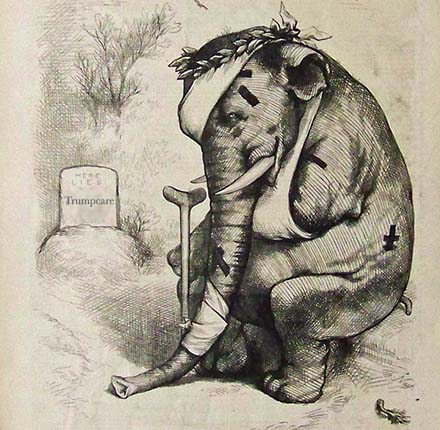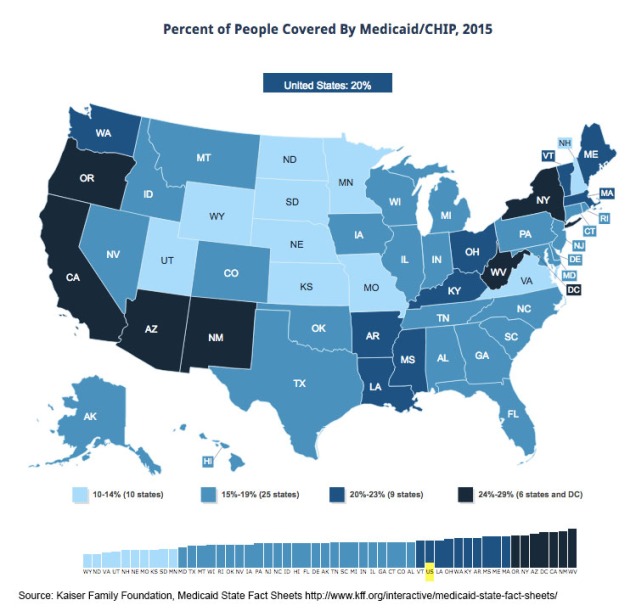It started with an email, forwarded from a friend in Austin, containing the following:
EFFECTIVE FRIDAY, the laws governing insurance claims in Texas will change to your detriment. To take advantage of current law, which is more favorable to you the consumer, YOU MUST FILE YOUR CLAIM, IN WRITING, BY THURSDAY, AUGUST 31, regardless of whether your damage occurred before that date. That is, it does not matter if your DAMAGE occurred before the effective date. To take advantage of current law you must actually file a claim by Thursday. It must be (1) IN WRITING, and (2) SPECIFIC ABOUT WHAT DAMAGE YOU ARE CLAIMING OCCURRED.
Pretty soon we were seeing similar tweets and Facebook posts urging people whose homes were damaged by Hurricane Harvey to file insurance claims before September 1st when a new Texas law, HB 1774, goes into effect. The law does make it more difficult for homeowners to sue their insurance companies over weather-related damage claims, but it does not change the actual claims process.
As misinformation about the law spread we began to see panicky tweets about the impending deadline for filing claims, some implying that claims filed after September 1st might not be paid in a timely manner (or at all!).
Yesterday we were contacted by a reporter at Snopes.com who was fact checking this story. Here is what he wrote:
In the past 24 hours numerous other media outlets have also covered the new law. While most reported accurately, some of the headlines probably didn’t help the situation. For example, this headline from The Daily Beast:
The story itself is a reprint of a Texas Tribune article, which has a much less sensational headline.
Other good coverage appeared in the The Wall Street Journal :
and on Vox.com which provided a useful “explainer” about the law.
Our hometown paper, the Austin American Statesman did a fair job as well.
UPDATE: The New York Times has now picked up the story too, and adds the following:
But the law does not affect most people in Texas whose property has been flooded. Only about 15 percent of homes in Harris County, which includes Houston, have flood insurance, according to an Insurance Information Institute survey.
Of the small number who have flood insurance, the vast majority bought it from the federal government’s National Flood Insurance Program, which is exempt from state laws. Neither the existing Texas penalty nor the new one applies to the federal program.
The law also exempts the Texas Windstorm Insurance Association, the state-run insurer of last resort for wind damage in coastal areas. So most homeowners in the flood zone can safely ignore the warnings, said State Senator Kelly Hancock, who sponsored an amendment to the law that lowers the penalty.












